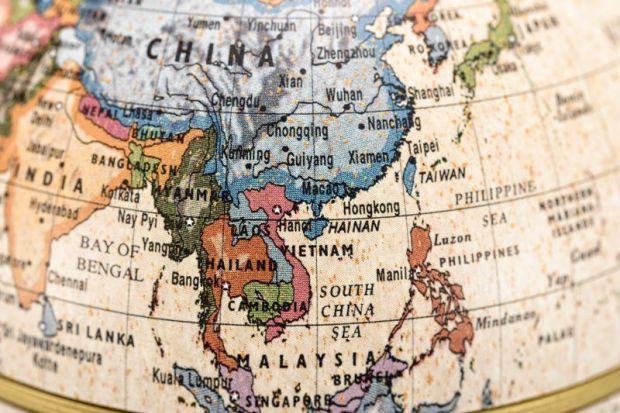A new agreement will make it easier for Australia and key Asia-Pacific nations to recognise each other’s university qualifications.
Japan and South Korea have now joined Australia, China and New Zealand in signing the Tokyo Convention, which means that the accord can finally enter into force.
The convention – an updated version of the 1983 version – supports the mobility of students, academics, researchers and other professionals, as well as the recognition of university qualifications, across the region.
Simon Birmingham, Australia’s education minister, said that the agreement, which began on 1 February, will “benefit all Australian higher education graduates, both domestic and international, by providing greater opportunities to work or study across the Asia-Pacific region”.
“The greater recognition of qualifications will enable the 1.5 million students who studied at Australian higher education providers in 2016 to realise the full value of an Australian qualification in a globally mobile world,” he said.
“This agreement also further strengthens education cooperation and cultural ties between Australia and some of our most important education and economic partners in the Asia-Pacific region.”
The minister urged other countries in the region to sign the convention.
Commenting on the deal, assistant education minister Karen Andrews said that it would make it easier for Australia’s higher education providers to expand access to international markets.
“Students from the Asia-Pacific who undertake study and research in Australia want to know that when they’re finished [studying], they can rely on the qualifications that we award them,” she said.
“The biggest possible return on their investment is having their Australian education recognised at home.”
Belinda Robinson, Universities Australia’s chief executive, added that the “deal will play an increasingly significant role in capacity building and economic development in participating countries and strengthen ties between them”.
The Tokyo Convention is one of the outcomes of Australia’s inaugural National Strategy for International Education 2025.
Originally forged in Bangkok in 1983, the new updated convention was adopted in 2011 by United Nations Educational, Scientific and Cultural Organisation (Unesco) member states at the International Conference of States in Tokyo in order to reflect changes in education, in particular, the growth and internationalisation of higher education.




